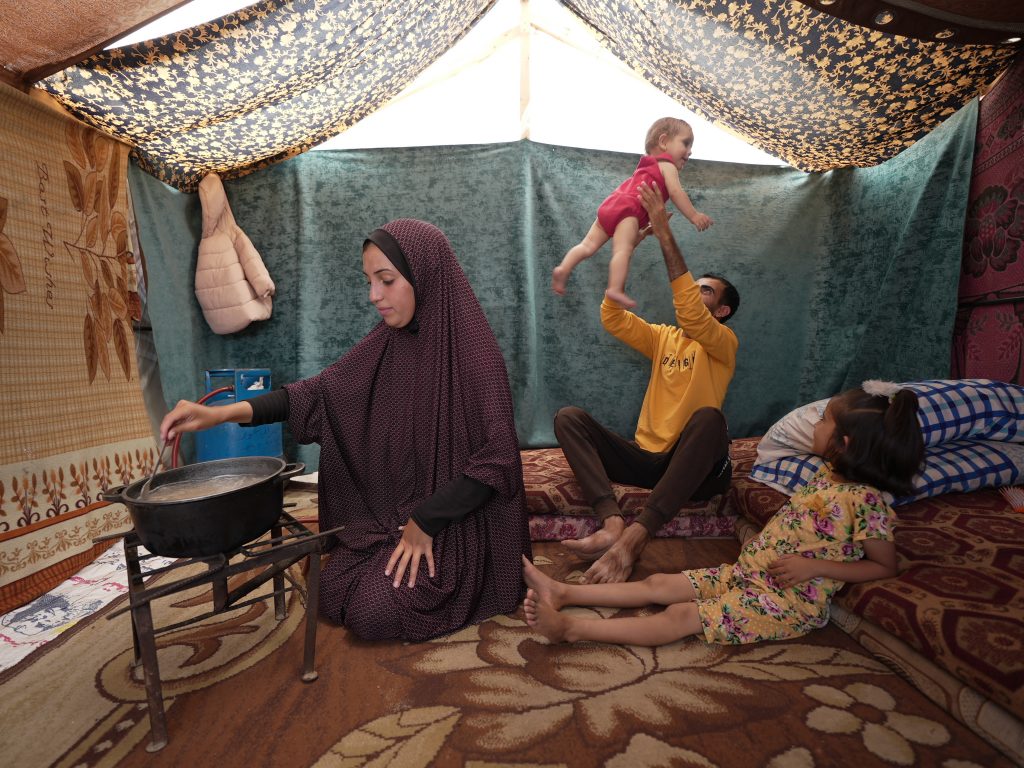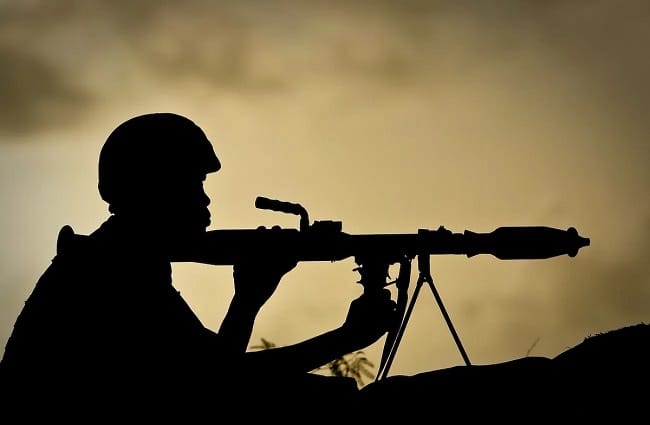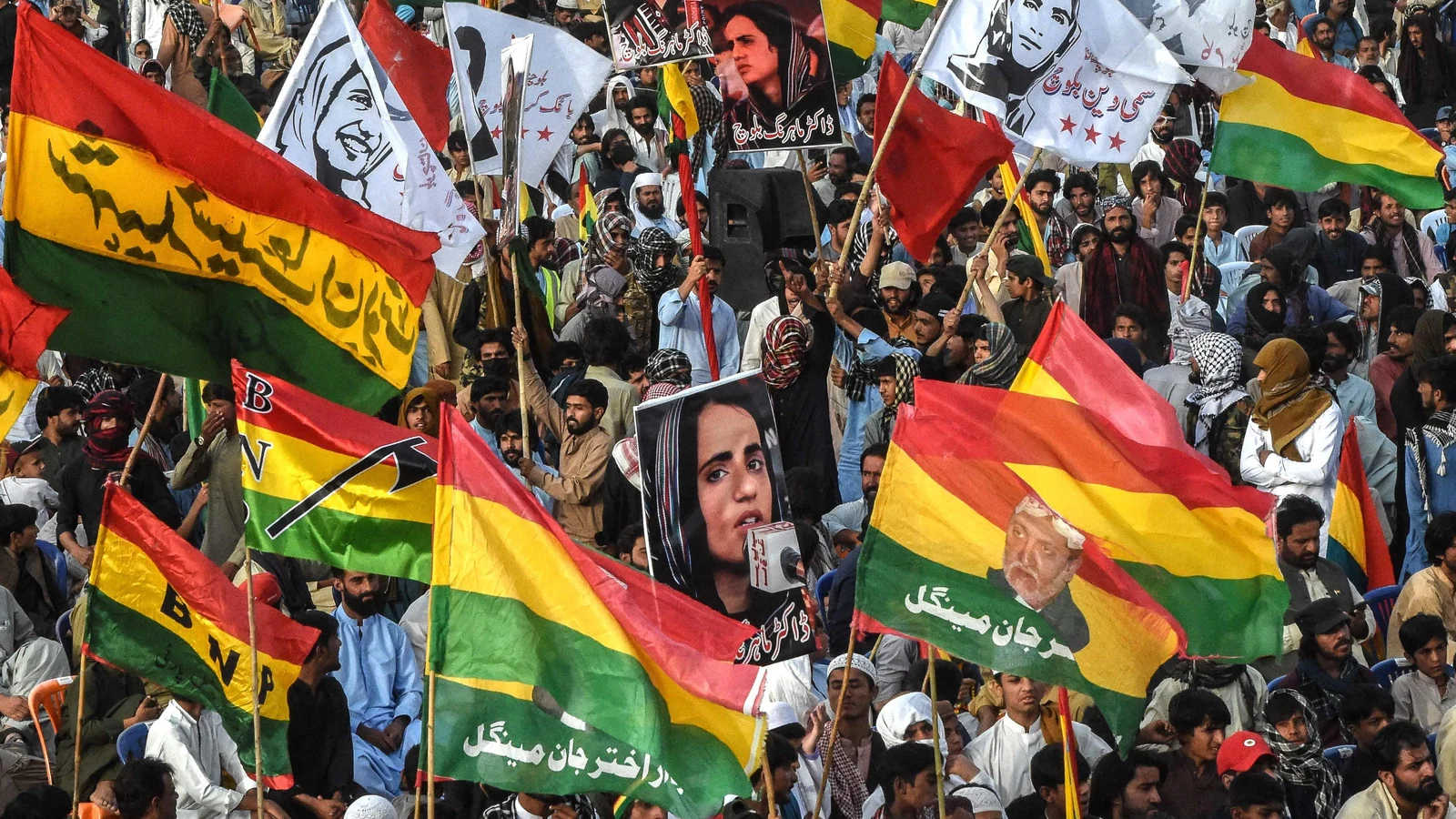In the annals of South Asian history, few moments rival the audacity of Indira Gandhi’s 1971 masterstroke. Facing a genocidal crackdown in East Pakistan, India didn’t just defend its borders—it dismantled them. With surgical precision, Indian forces, backed by Mukti Bahini guerrillas, carved out Bangladesh from the bleeding corpse of a fractured Pakistan. Over 90,000 Pakistani troops surrendered, and a nation was born amid the ruins of Islamabad’s imperial delusions.
Today, as Pakistan teeters on the brink of collapse—plagued by economic freefall, terrorism, and internal fissures—India stands at a similar crossroads.
The question isn’t if India can replicate 1971 by championing Balochistan’s independence; it’s why it hasn’t already. By supporting the Baloch people’s rightful secession, India could eviscerate Pakistan’s terror-exporting apparatus, disrupt China’s predatory Belt and Road Initiative (BRI), and affirm the global principle of self-determination.
Yet, under the current dispensation, New Delhi’s timidity risks squandering this historic opportunity. I argue that India must seize the moment to “silence Pakistan once and for all,” exposing Islamabad’s hypocrisy, amplifying Baloch grievances, and critiquing the gutless politics holding India back.
The Baloch Cauldron: A Century of Betrayal and Blood
Balochistan, Pakistan’s vast, resource-rich southwestern province spanning 347,190 square kilometers—44% of the country’s landmass but home to just 5% of its population—has been a simmering cauldron of resentment since Pakistan’s forcible annexation in 1948.
The Baloch, an ancient ethnic group with a distinct language, culture, and nomadic heritage, never consented to Islamabad’s clutches. Their first uprising erupted mere months after partition, when Baloch ruler Ahmad Yar Khan declared independence, only to be crushed by Pakistani troops. This set the stage for five major insurgencies: 1948, 1958-59, 1963-69, 1973-77, and the ongoing one since 2004.
Why the visceral hatred?
Baloch grievances are rooted in systemic plunder and brutality. Despite harboring 40% of Pakistan’s natural gas reserves, 28% of its oil, and vast deposits of copper, gold, and coal, Balochistan remains Pakistan’s poorest province. Per capita income hovers at a dismal $1,200 annually, compared to Punjab’s $3,500. The Sui gas field, discovered in 1952, pipes fuel to Punjab’s industries while Baloch villages endure blackouts and pay inflated bills.

Royalties? A paltry 12.5%, funneled into Islamabad’s coffers rather than local development. Politically marginalized, Baloch representation in Pakistan’s federal parliament is tokenistic—fewer than 20 seats for 14 million people—while Punjabi-dominated security forces enforce a colonial stranglehold.
The disdain manifests in raw, unrelenting violence.
The Baloch Liberation Army (BLA), designated a terrorist group by Pakistan but hailed as freedom fighters by locals, has escalated attacks since 2025, hijacking trains like the Jaffar Express and targeting Chinese engineers on the China-Pakistan Economic Corridor (CPEC).
In 2024 alone, the BLA claimed 15 major operations, killing over 50 security personnel. But the real horror is the state’s response: a “kill and dump” policy of enforced disappearances. Human Rights Watch and Amnesty International document over 5,000 cases since 2010, with 2024 seeing 84 abductions and 33 extrajudicial killings in the first half.
Families march in Quetta’s “long march” protests, clutching photos of the vanished, as the Pakistan Army’s Frontier Corps operates with impunity. As Baloch activist Naela Quadri Baloch declared in 2016, “Pakistan is an occupying force; we are a nation under siege.” This isn’t mere dislike—it’s a primal loathing forged in the fires of exploitation and extermination.
Meddling Militants and ISI’s Dirty Hands
If India supporting Baloch self-determination is “interference,” then Pakistan’s decades-long sabotage of Indian unity is a masterclass in geopolitical chutzpah. The Khalistan movement, seeking a Sikh homeland in Punjab, owes its violent longevity to Islamabad’s Inter-Services Intelligence (ISI). From the 1980s onward, Pakistan weaponized Sikh separatism as retaliation for India’s 1971 humiliation, funneling arms, training, and funds to militants.
The South Asia Terrorism Portal (SATP) records over 20,000 deaths from Khalistani violence between 1981 and 1993, with ISI-orchestrated attacks peaking post-Operation Blue Star in 1984. ISI camps in Pakistan’s border regions trained over 5,000 Sikh fighters, smuggling them AK-47s and RDX via Lahore’s safe houses.




 Dr. Jaimine Vaishnav is a faculty of geopolitics and world economy and other liberal arts subjects, a researcher with publications in SCI and ABDC journals, and an author of 6 books specializing in informal economies, mass media, and street entrepreneurship. With over a decade of experience as an academic and options trader, he is keen on bridging the grassroots business practices with global economic thought. His work emphasizes resilience, innovation, and human action in everyday human life. He can be contacted on jaiminism@hotmail.co.in for further communication.
Dr. Jaimine Vaishnav is a faculty of geopolitics and world economy and other liberal arts subjects, a researcher with publications in SCI and ABDC journals, and an author of 6 books specializing in informal economies, mass media, and street entrepreneurship. With over a decade of experience as an academic and options trader, he is keen on bridging the grassroots business practices with global economic thought. His work emphasizes resilience, innovation, and human action in everyday human life. He can be contacted on jaiminism@hotmail.co.in for further communication.